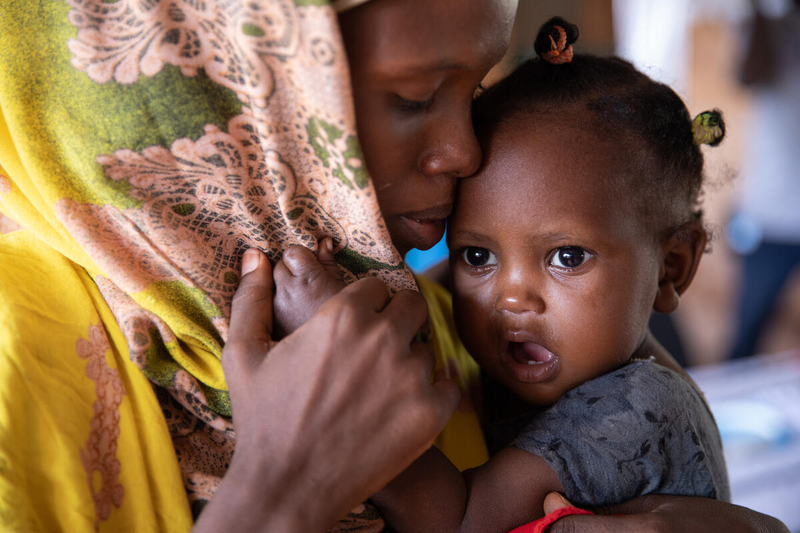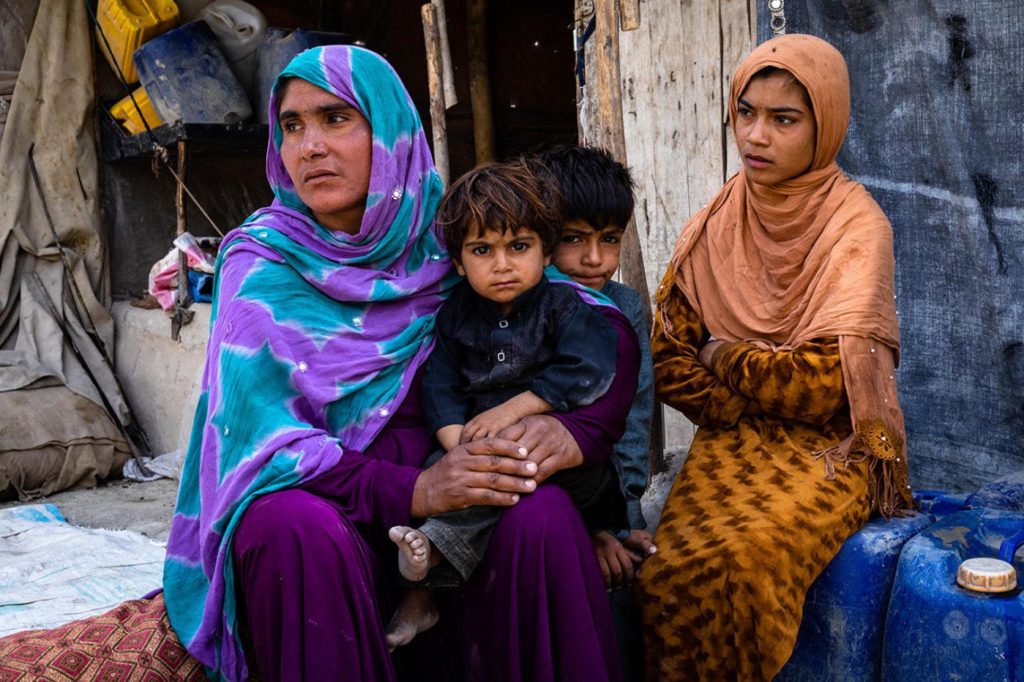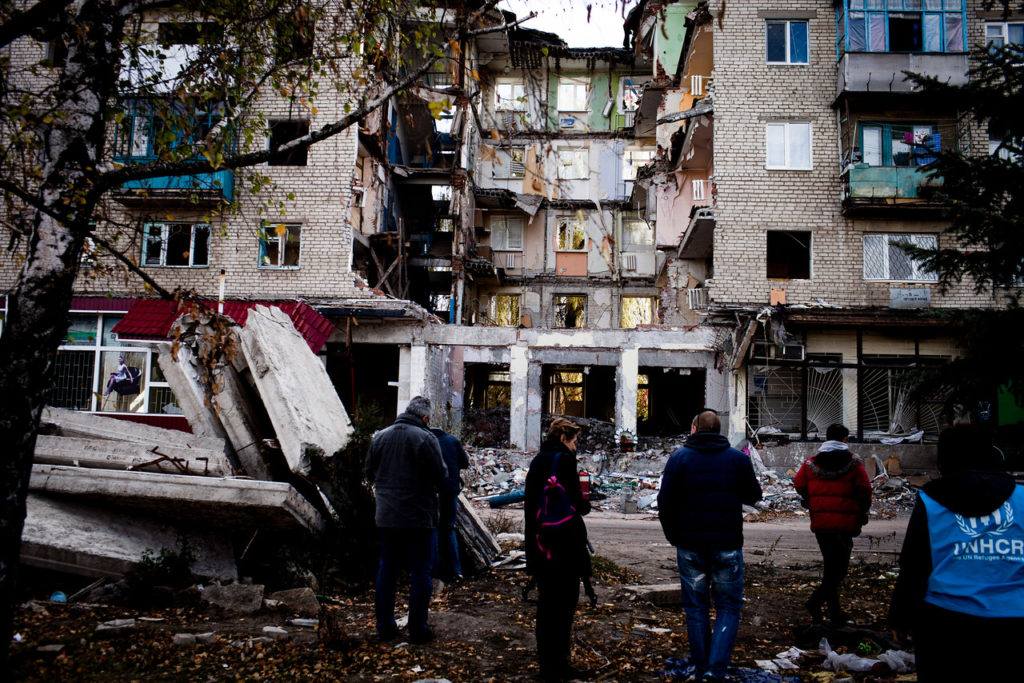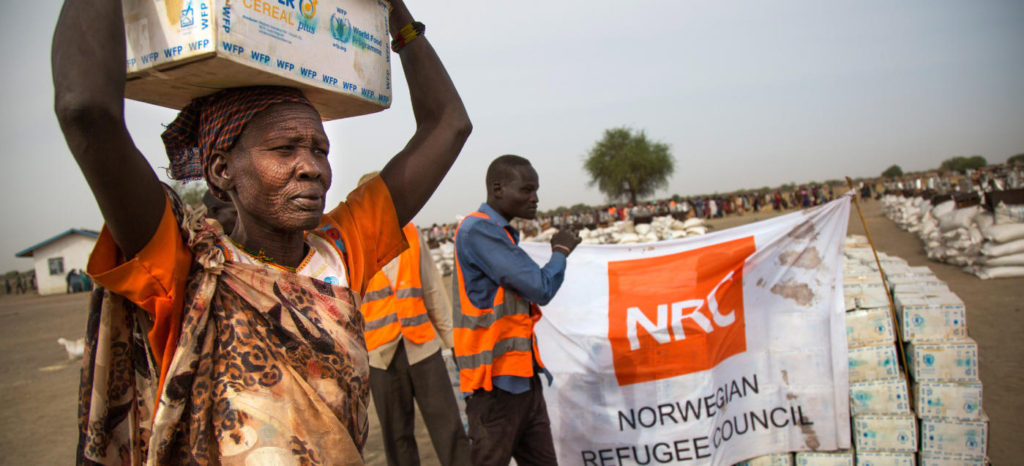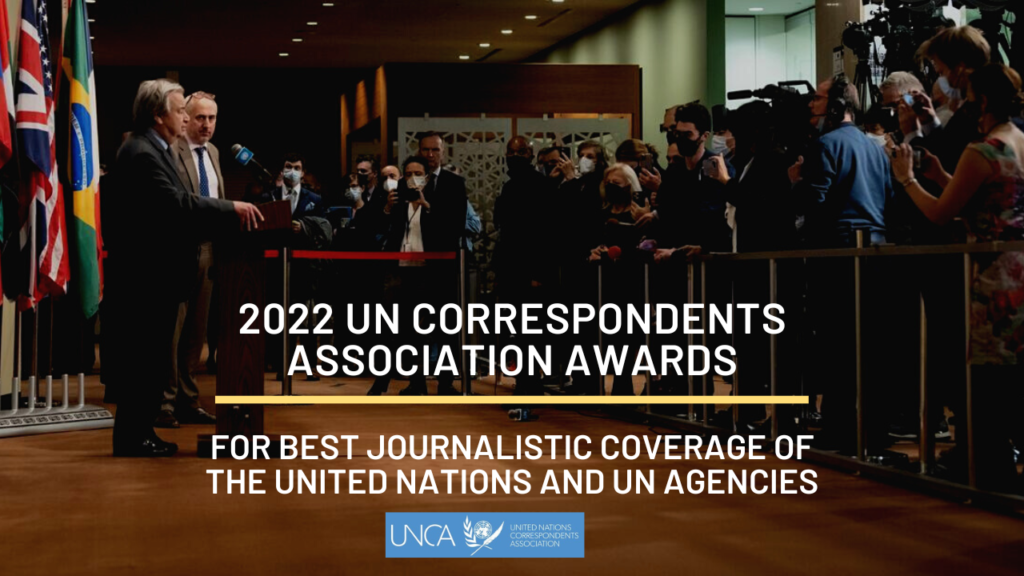UN calls for security zone at Zaporizhzhia nuclear plant in Ukraine
New York, September 6 – Nuclear experts of the International Atomic Energy Agency told the UN Security Council that a security zone should be immediately established at the Zaporizhzhia nuclear power plant to protect the site against shelling by warring Russian and Ukrainian armies.
IAEA’s Director General Rafael Mariano Grossi briefed the council on the situation at Zaporizhzhia after he led a group of 13 nuclear experts of the Vienna-based agency to inspect conditions at the nuclear plant.
“While the ongoing shelling has not yet triggered a nuclear emergency, it continues to represent a constant threat to nuclear safety and security with potential impact on critical safety functions that may lead to radiological consequences with great safety significance,” the report said. It said the Ukrainian personnel working at the plant are under constant stress and pressure because of the war. The nuclear plant was seized by Russia in March but Ukrainian engineers continue to manage the site.
Grossi said on September 1 following the inspection of the nuclear plant, which is the largest in Europe, that the site was violated several times.
“It’s obvious that the plant, and the physical integrity of the plant has been violated, several times. [Whether] by chance [or deliberately], we don’t have the elements to assess that. But this is a reality that we have to recognize, and this is something that cannot continue to happen,” he told journalists, as reported by UN News.
“Wherever you stay, wherever you stand, whatever you think about this war, this is something that cannot happen, and this is why we’re trying to put in place certain mechanisms and the presence of our people there, to try to be in a better place.”
UN chief urges steps to protect nuclear power plant
UN Secretary-General Antonio Guterres, who attended the council meeting to discuss the situation at Zaporizhzhia, said he remained “gravely concerned” about the situation in and around the Zaporizhzhia plant, including reports of recent shelling.
“Let’s tell it like it is: Any damage, whether intentional or not, to Europe’s largest nuclear power plant in Zaporizhzhia – or to any other nuclear facility in Ukraine — could spell catastrophe, not only for the immediate vicinity, but for the region and beyond,” he said.
All steps must be taken to avoid such a scenario. Common sense and cooperation must guide the way forward. 1 Any action that might endanger the physical integrity, safety or security of the nuclear plant is unacceptable. All efforts to re-establish the plant as purely civilian infrastructure are vital.
He said Russian and Ukrainian forces, as a first step, must commit not to engage in any military activity towards the plant site or from the plant site and the Zaporizhzhia facility and its surroundings must not be a target or a platform for military operations.
He called for a demilitarized perimeter at the site and for the withdrawal of all military personnel and equipment from that perimeter and a “commitment by Ukrainian forces not to move into it.”
“Operators at the plant must be able to carry out their responsibilities, and communications must be maintained. Now is the time to urgently agree on concrete measures to ensure the safety of the area,” he said.
NPT was victim of the Ukraine war
Guterres deplored the failure by the 10th Review Conference of the Parties to the Treaty on the Non-Proliferation of Nuclear Weapons to adopt an outcome document at the end of their month-long session in August, saying that the review session “fell victim to the war in Ukraine.”
“The outcome document sought to address the issue of the safety and security of nuclear power plants in armed conflict zones, including in Ukraine,” he said. “But the conference failed to reach consensus to utilize the opportunity to strengthen the Treaty. I appeal to all states to use every avenue of dialogue and diplomacy to make progress on these critical issues.”
The Russian delegation to the review session blocked the adoption of the outcome document because it criticized the takeover of the nuclear plant by Russian troops after their invasion of Ukraine on February 24 this year.
United Nations correspondent journalists – United Nations correspondent journalists – United Nations correspondent journalists – United Nations journalism articles – United Nations journalism articles – United Nations journalism articles – United Nations News – United Nations News – United Nations News
UN calls for security zone at Zaporizhzhia nuclear plant in Ukraine Read More »


